Businesses play a vital role in Maui’s community. They also have special concerns and responsibilities when it comes to keeping our water clean. It’s important that businesses ensure their activities protect against stormwater pollution.
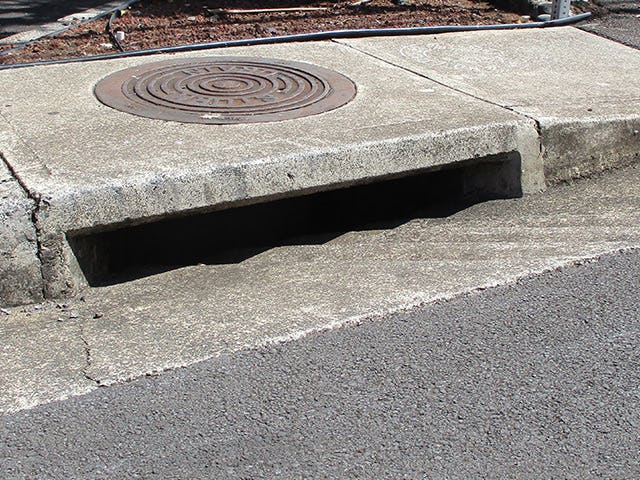
Ensure that your business activities allow only stormwater to enter the drains at your site. It’s also important to prevent pollutants from leaving your site, as they can negatively impact nearby drains and streams.
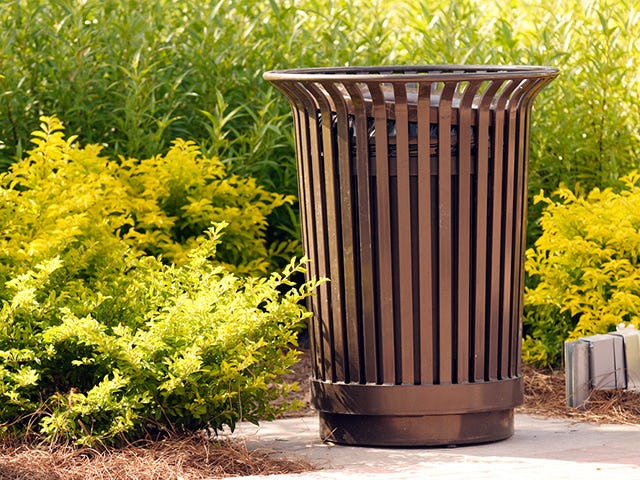
Place covered trash cans and recycling receptacles around your facility to minimize litter.
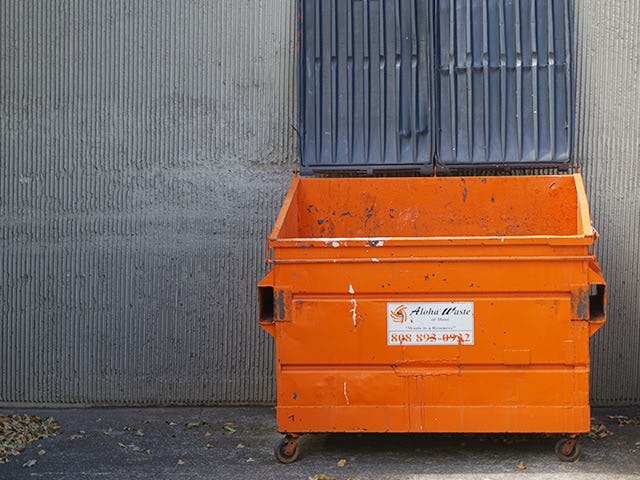
Dumpster lids should be kept closed as much as possible, and if practicable, dumpsters should be placed in a sheltered location to prevent rainwater from entering. Check dumpsters frequently for leaks – plastic liners are recommended to prevent leakage of liquids. If you must hose out a dumpster, ensure there is adequate containment and that none of the wash water is discharged to a storm drain or body of water.
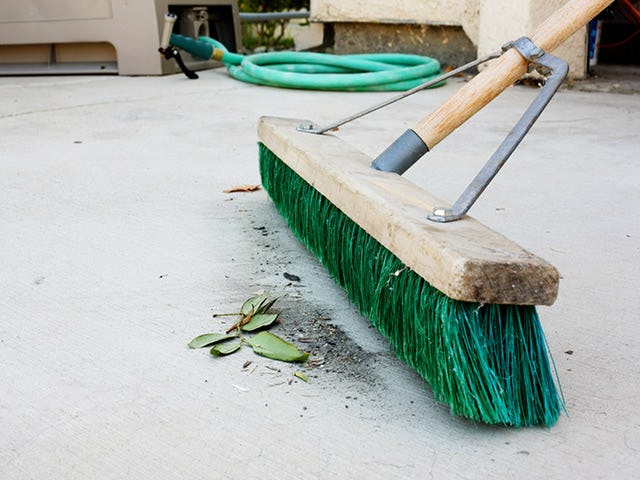
Dry sweep paved surfaces that drain to storm drains, creeks or channels. Never sweep or blow leaves or debris into storm drains.
Do not hose down driveways, sidewalks, and other paved surfaces with water, as doing so will transport any pollutants along the water’s path into the nearest storm drain. If pavement flushing is necessary, use silt ponds or other techniques to trap sediment and other pollutants.
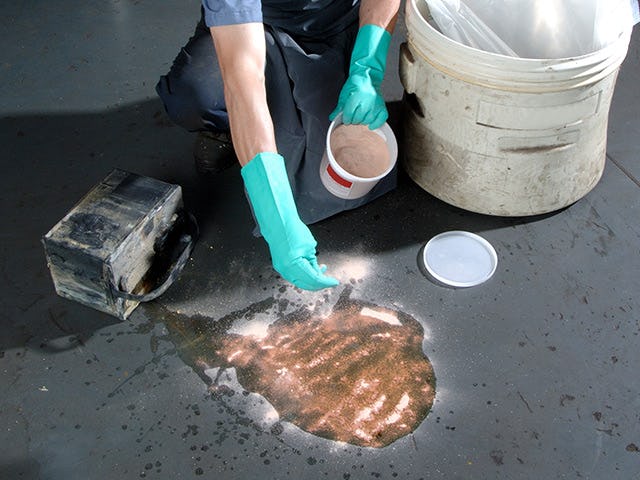
Clean any leaks, drips or spills immediately and properly so they do not contaminate the soil or groundwater, or leave residue on paved surfaces. Have a spill kit ready and use dry cleanup methods whenever possible. Ensure that absorbent materials are disposed of properly. If you must use water, use just enough to clean the spill without causing runoff.
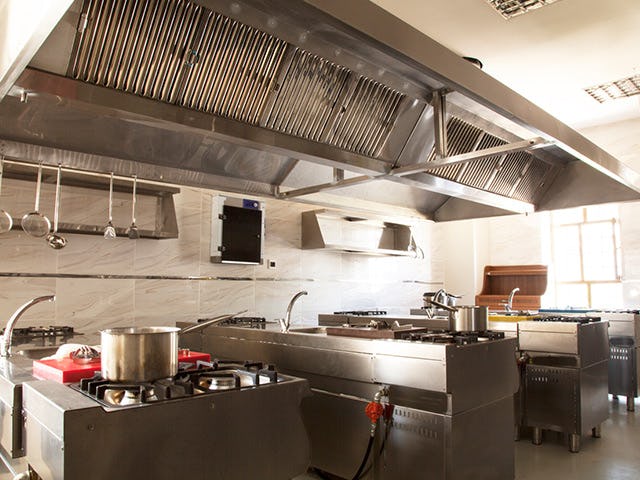
Maintain and service oil/water separators and grease traps frequently to ensure they are working properly.
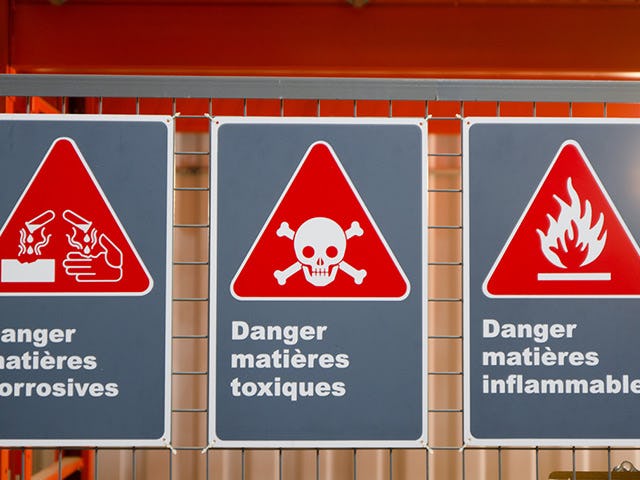
Hazardous materials should be clearly labeled and securely stored. Ensure all hazardous chemicals and materials are kept in appropriate storage lockers designed for hazardous or flammable materials.
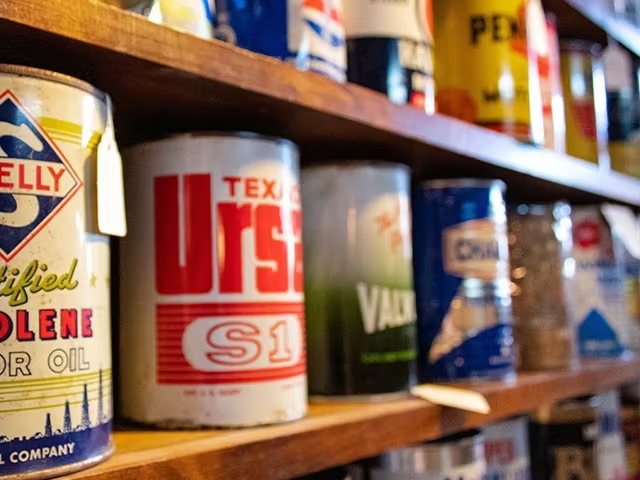
Dispose of all chemical products properly, including solvents, water-based paints and vehicle fluids. Hazardous chemicals that cannot be reused or recycled must be taken to an appropriate facility and disposed of as hazardous waste.
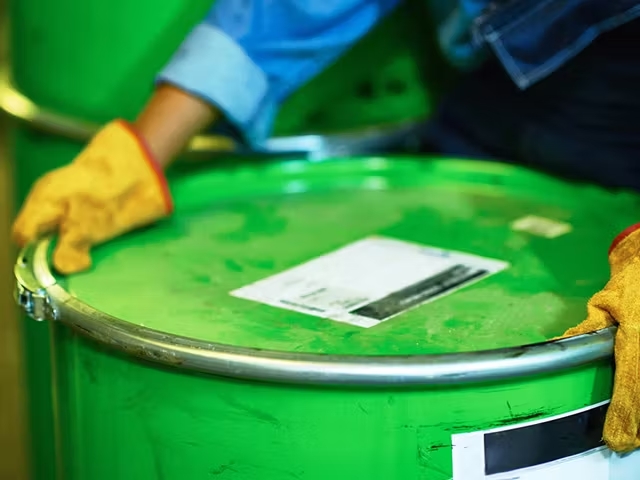
Place used oil receptacles under cover to avoid exposure to rain and provide secondary containment to capture any leaks.
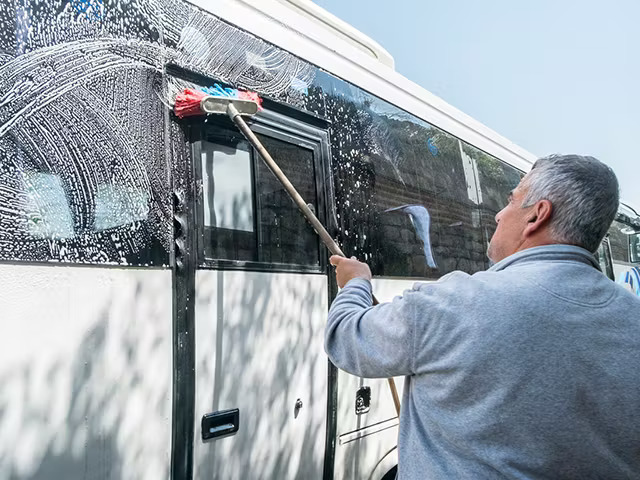
The designated area should be located well away from streams or storm drain inlets, and have adequate containment.
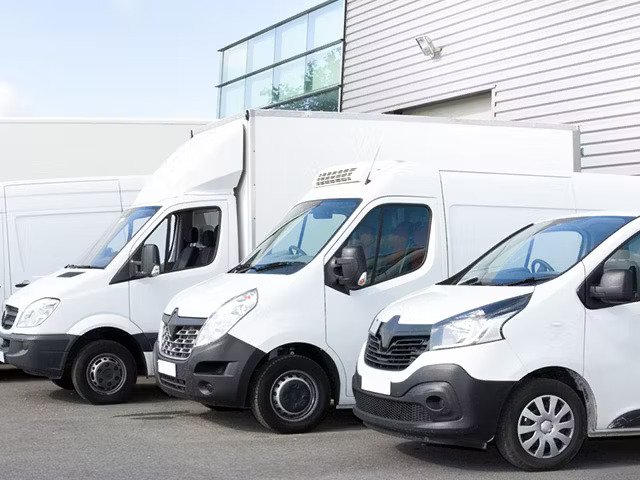
Place oil receptacles under cover to avoid exposure to rain and provide secondary containment to capture any leaks.
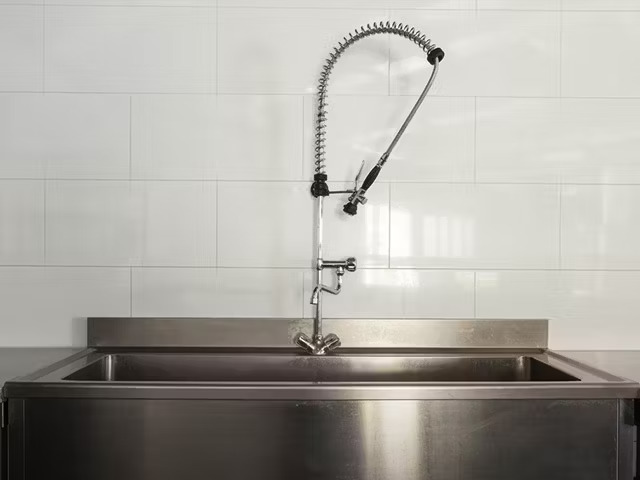
Pour wash water into a janitorial sink, which connects to the sanitary sewer, instead of on the parking lot or street.

Ensure that your business activities allow only stormwater to enter the drains at your site. It’s also important to prevent pollutants from leaving your site, as they can negatively impact nearby drains and streams.

Place covered trash cans and recycling receptacles around your facility to minimize litter.

Dumpster lids should be kept closed as much as possible, and if practicable, dumpsters should be placed in a sheltered location to prevent rainwater from entering. Check dumpsters frequently for leaks – plastic liners are recommended to prevent leakage of liquids. If you must hose out a dumpster, ensure there is adequate containment and that none of the wash water is discharged to a storm drain or body of water.

Dry sweep paved surfaces that drain to storm drains, creeks or channels. Never sweep or blow leaves or debris into storm drains.
Do not hose down driveways, sidewalks, and other paved surfaces with water, as doing so will transport any pollutants along the water’s path into the nearest storm drain. If pavement flushing is necessary, use silt ponds or other techniques to trap sediment and other pollutants.

Clean any leaks, drips or spills immediately and properly so they do not contaminate the soil or groundwater, or leave residue on paved surfaces. Have a spill kit ready and use dry cleanup methods whenever possible. Ensure that absorbent materials are disposed of properly. If you must use water, use just enough to clean the spill without causing runoff.
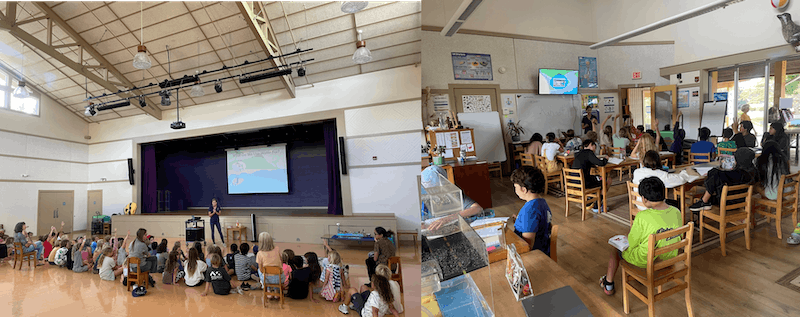
Maintain and service oil/water separators and grease traps frequently to ensure they are working properly.

Hazardous materials should be clearly labeled and securely stored. Ensure all hazardous chemicals and materials are kept in appropriate storage lockers designed for hazardous or flammable materials.

Dispose of all chemical products properly, including solvents, water-based paints and vehicle fluids. Hazardous chemicals that cannot be reused or recycled must be taken to an appropriate facility and disposed of as hazardous waste.

Place used oil receptacles under cover to avoid exposure to rain and provide secondary containment to capture any leaks.

The designated area should be located well away from streams or storm drain inlets, and have adequate containment.

Place oil receptacles under cover to avoid exposure to rain and provide secondary containment to capture any leaks.

Pour wash water into a janitorial sink, which connects to the sanitary sewer, instead of on the parking lot or street.
If you have a connection into the state’s MS4 and were directed to obtain a permit, please
complete the fillable form below and email to ty.h.fukuroku@hawaii.gov.
For owners of industrial and commercial facilities adjacent to Maui Highway’s Municipal
Separate Storm Sewer System (MS4) that have been selected for stormwater evaluations, please
click the link below to complete the Industrial & Commercial Stormwater Evaluation Program
Facility Survey.
All Rights Reserved. Stormwater Maui. State of Hawaii Department of Transportation
